
The wearing of cloth masks doesn’t mean that employees should stop following social distancing guidelines. In fact, social distancing guidelines must be followed at all times.


The wearing of cloth masks doesn’t mean that employees should stop following social distancing guidelines. In fact, social distancing guidelines must be followed at all times.
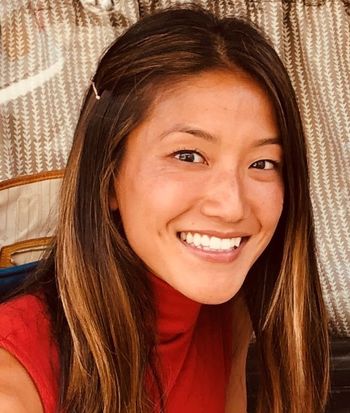
Deborah Chung: “With the 40% of healthcare workers wanting better hand hygiene training pre-COVID, I can only assume that’s been exponentially surged.”
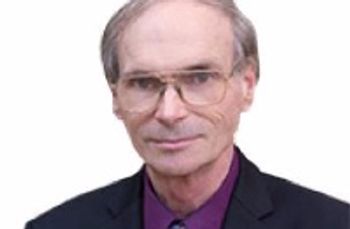
Kevin Kavangh, MD: “What worries me the most about reopening is that people going to say, ‘Oh, it’s over with’ and not do any sort of protection, whether it’s social distancing, wearing masks, not gathering in crowds. I really think that people will think, ‘Well, we got this beat.’”
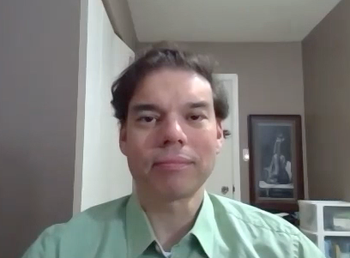
Jason Tetro: “When healthcare leaders are meeting, I think that they’re going to listen to infection preventionists much more than they have in the past.”
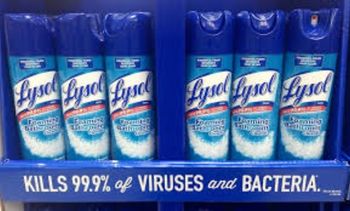
Viruses like SARS-CoV-2 are some of the most vulnerable pathogens to the microbicidal agents in many detergents and cleaning solutions, including soaps for personal care and liquid hand washes.

Small clusters of environmental transmission in gyms and other workout settings can tell us about potential risky environments in healthcare. Outpatient physical therapy for one.
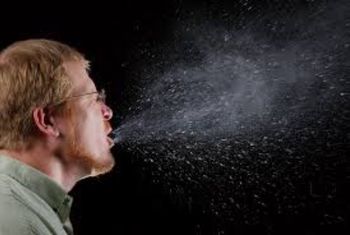
Viral droplets from a sneeze can even travel 23 to 27 feet.
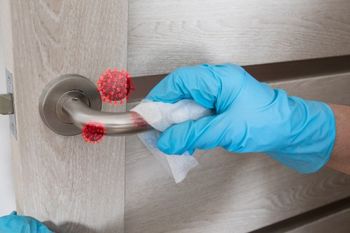
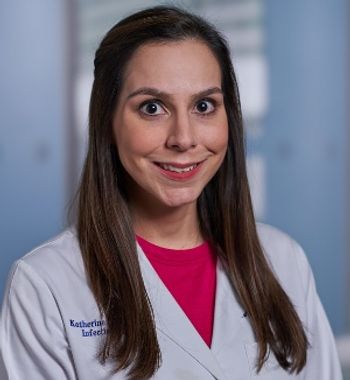
Katherine Perez, PharmD: “For patients with COVID-19, I think the jury’s still out as to how we should be using antibiotics in those patients and what the risk of a secondary bacterial infection truly is. And that type of information has not been made available, at least not in huge amounts at this time.”

In order to effectively achieve a safe healthcare environment where frequently used touch screen technology is both ubiquitous and mobile, education must be provided to highlight the appropriate products and practices for cleaning/disinfection and hand hygiene.

Jeffrey Rose: “I think the desire to break apart some of the functionality of the hospital and spread it out into other facilities-like oncology centers or ambulatory surgery centers-to reduce the large population at one building, is going to continue to grow. And in addition, if you design them correctly, you can use those facilities for surge capacity.”
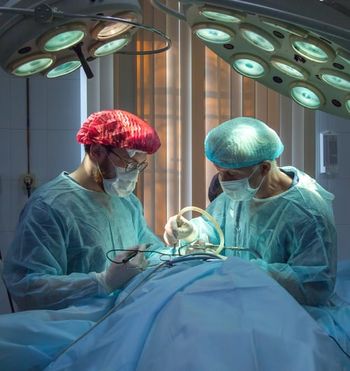
While starting to perform elective surgeries, hospitals should also keep an eye COVID-19 in their communities and have the resources available to respond to a surge in COVID patients without having to resort to a crisis standard of care.
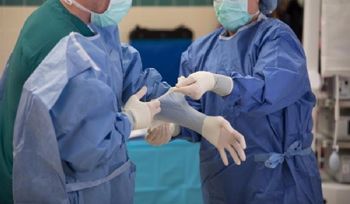
Both donning and doffing are carefully laid out, but it’s the doffing part of the procedure that might present the most challenge because it involves the discarding of some of the PPE in a manner that most limits the chance of self-contamination or contaminating someone else.
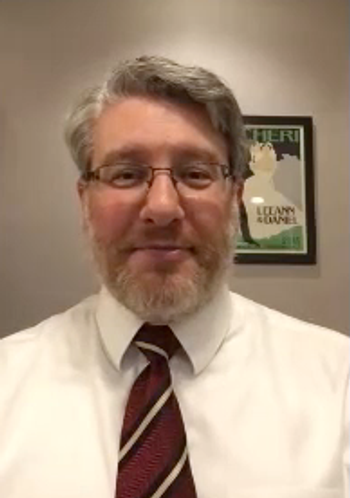
Daniel F. Shay, Esq.: “COVID-19 is not the last infectious disease that we’re going to encounter…. I think that there are good reasons to use telemedicine to the extent that you can reduce the risk to healthcare practitioners, healthcare professionals, and also to other patients, and, frankly, the general populace.”

Yi Guo, PharmD: “I think one thing that we learned is to work closely with the infection control preventionists because when we discovered the patient has multidrug resistant bacteria, we want to make sure the appropriate isolation policy is in place.”
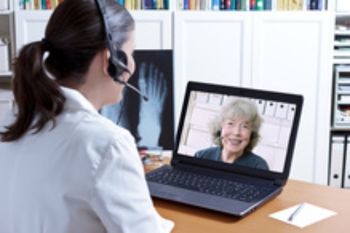
Start out with brief non-urgent telemedicine encounters; get the patients used to the process.

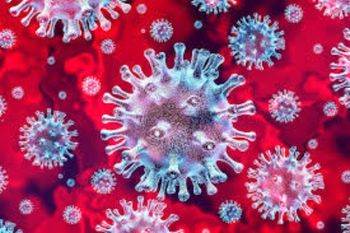
The US Food and Drug Administration (FDA) granted emergency use authorization (EUA) to the Abbott ID Now test on March 27.
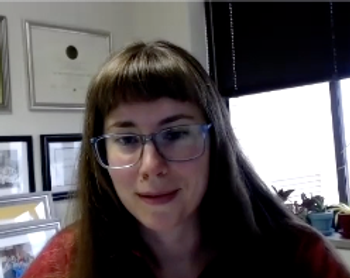
Brooke Decker, MD: "Keep in mind that right now you’re generating those stories that you’re going to be telling junior colleagues for decades to come."
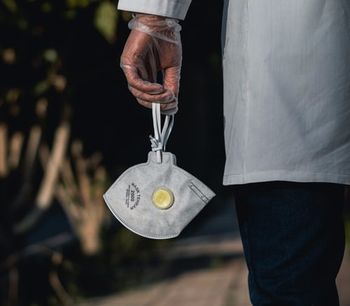
For those working in healthcare, the relationship with the supply chain department was an increasingly important one. Between daily mask utilization and supply reporting to scrambling to find more supplies, those working in healthcare supply chains were working exceedingly hard to keep our heads above water.
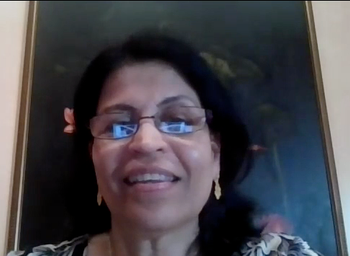
"We had to everyday kind of make some changes. Every morning there were huddles and we tried to figure it out."
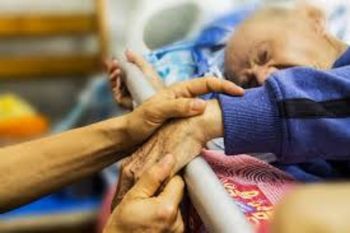
The media, public health officials, and politicians are accused of being too quick to find fault with nursing home providers.

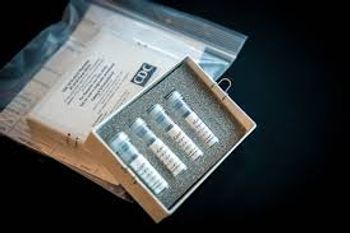
COVID-19 testing capabilities would have to increase by at least 211% in order for hospitals and other healthcare facilities to resume providing elective procedures and diagnostic services.
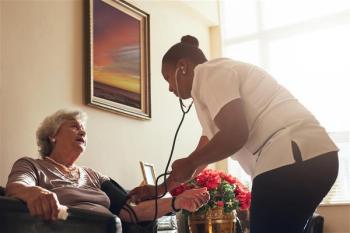
These pathogens are relentless, they are evolutionarily programed to win, and they are currently doing just that.